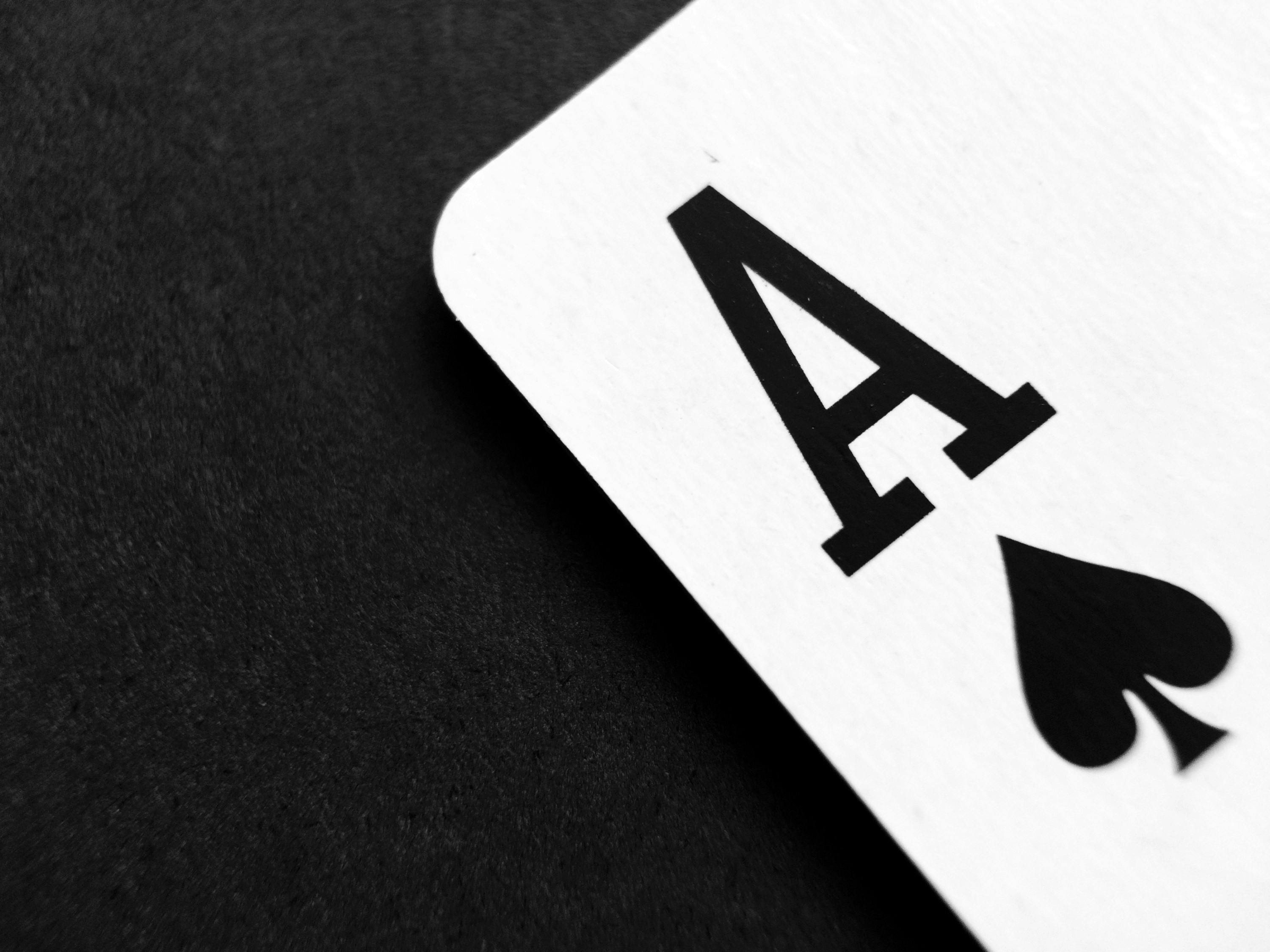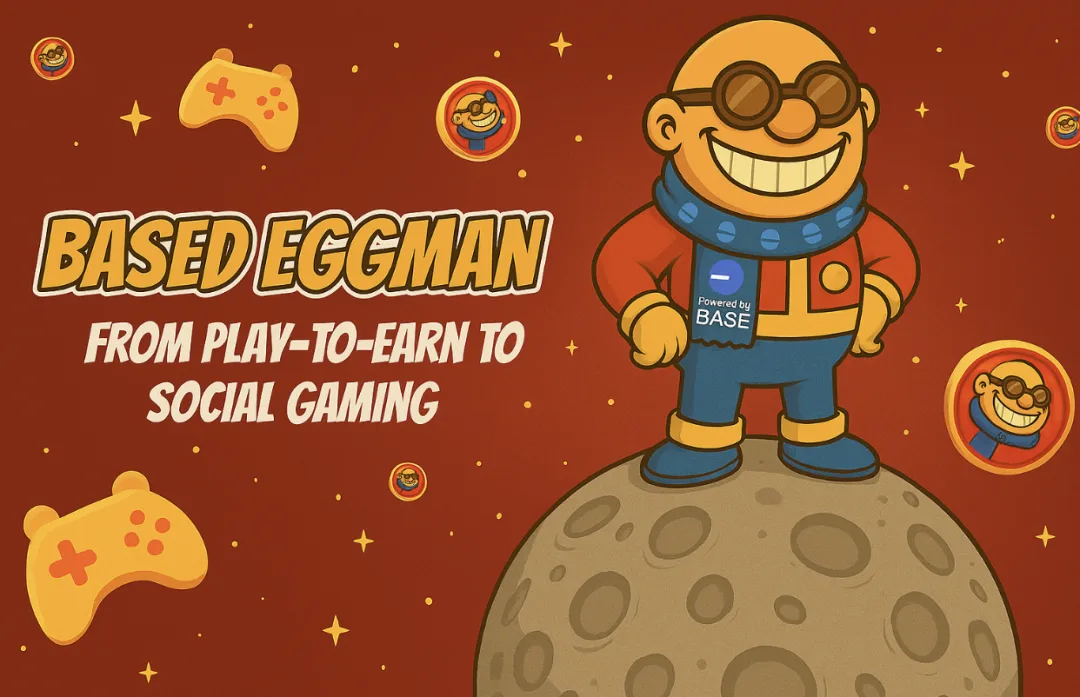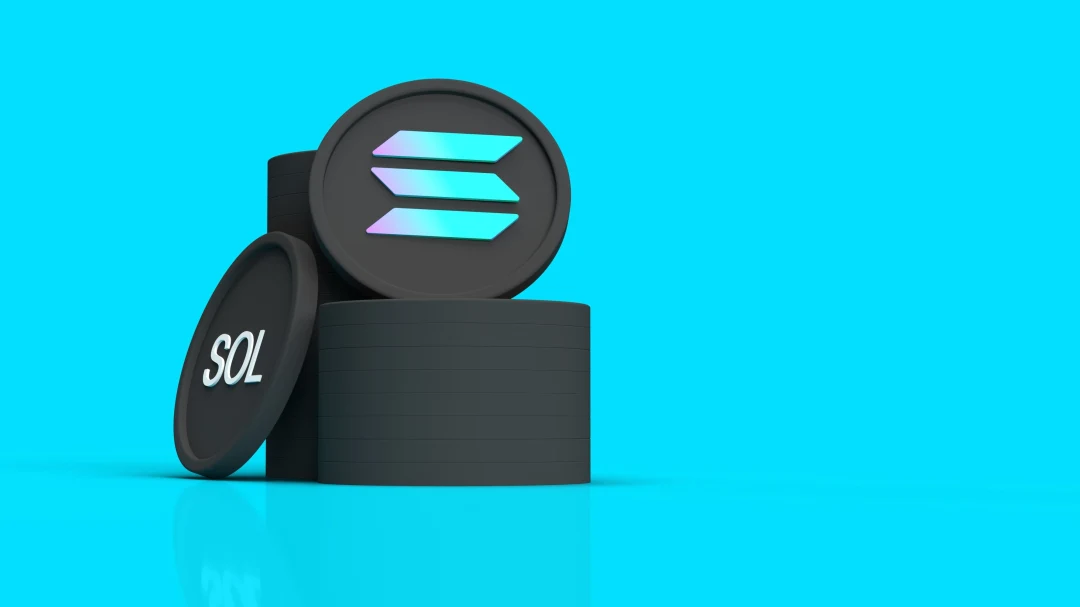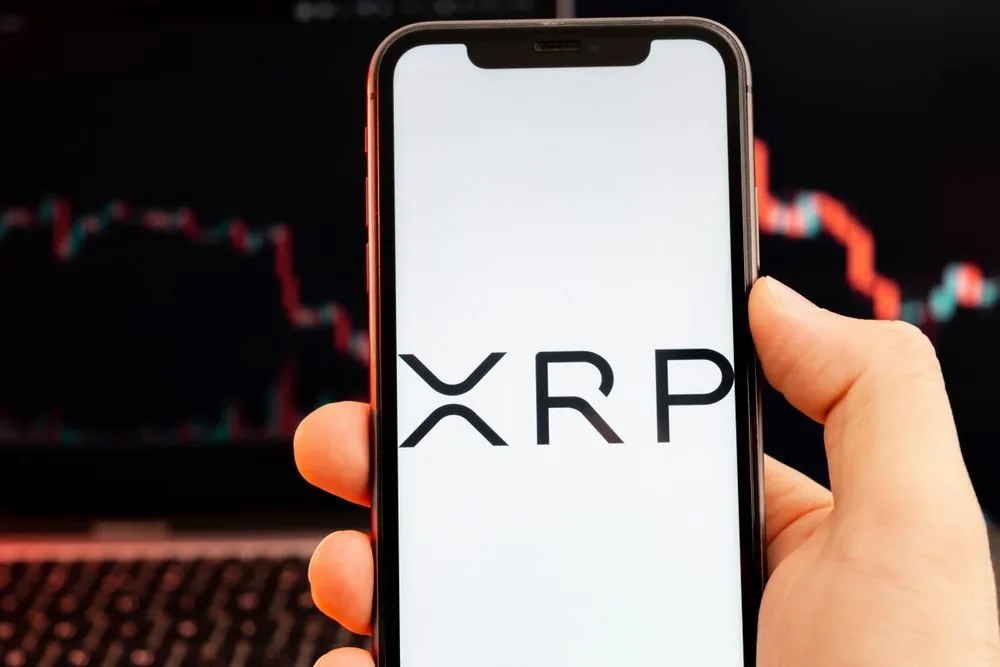Tech innovations are really redefining luck as you know it at virtual casinos. In the background, blockchain redefines random fairness, game by game.
The casino floor has been revisualized. Static interfaces to streamed-out dealers, patrons want something more than flashy lighting. Something, however, trumps graphics: the confidence game outcome will be real. That’s where blockchain fits. Gone are its token trappings. At its most elemental level, it's redefining what ‘random’ is to the cosmos of computer/internet games.
Provably Fair: The New Standard of Fairness
Randomness used to be a black box. The players pressed buttons and things happened. There wasn’t a simple way to describe whether those things were fair—or just biased toward the house’s edge. Blockchain sorts everything out. It uses what are known as provably fair algorithms, which use cryptographic hash functions to enable players to view the mathematics behind results. The game establishes a seed value before someone spins a wheel or is dealt a card. The seed can then be distributed and verified after one finishes a game. Dice or slot games do not just implement this procedure. Online card games like online baccarat use this same fairness model. The players no longer need to trust the system; they can check themselves.
Breaking The RNG Mold
For years, games employed central random number generators (RNGs). The RNGs themselves were functional but could only be seen by the operator. The players lacked a means to validate whether the results were indeed random.
Blockchain offers a better alternative. Instead of relying on one source, games rely on communal inputs—like user seed, server seed and sometimes external data—that are hashed together on-chain. The result is a number that can most definitely be verified but could not possibly be guessed.
This process randomizes everything. No one, not even the operator himself, will ever know what will happen before it occurs. This is a significant consideration with games such as roulette, blackjack and baccarat online, wherein manipulation of results has always been a concern.
Smart Contracts Automate the Rules
Smart contracts are also making games transparent. They are programs stored in blockchain and run themselves. They automatically act when conditions are met.
In games of chance at a casino, that would mean automatically controlled game logic, bets and gains without waiting and without intermediaries, rather than code that controls the game.
Such games with smart contracts are already active under blockchain systems. The bettors place bets, then play and the results are decided without a human intermediary. Once the play ends, the entire process can be traced. Smart contracts also diminish conflicts. Where there is an issue, players can audit the contract and exactly know what happened. Such clarity is not offered under traditional systems.
Oracles and Real-World Randomness
Some games need extra randomness—information not stored within the blockchain. That’s where oracles fit in. They are platforms that supply off-chain data to on-chain programs.
For example, if a game wants to utilize weather, game outcomes or even external RNGs, it can call for an oracle. The oracle fetches that information and puts it in the smart contract.
However, this leads to a further complication: believing the oracle. The majority of platforms sidestep this by using decentralized oracles. Such a process collects data aggregated from different sources and makes a consensus decision before reporting back. The effect is that the manipulation risk is mitigated.
In high-speed games, time is a priority. Compatible oracles ensure that blockchain randomness is fast and unbreachable—whether using external data.
Global Adoption and Player Interest
Blockchain games are not only a niche; they are globalizing as well. Device-compatible blockchain casinos are being introduced by European and Asian developers, drawing Indian, South African and Brazilian players who are increasingly interested in transparent play.
It is a simple appeal. If randomness can be confirmed, trust will increase. The latter is particularly valid within jurisdictions where players are skeptical regarding online systems.
Actual games—poker, blackjack and virtual baccarat—to name a few—are streamed with beneath-the-surface layers of advanced contract engineering today. The technology works behind the scenes, mostly invisible to most but not to those who'd like to take a peek at it.
Even a few sites have a “Verify Fairness” button. A hash explorer shows how the result was calculated with one click—easy but powerful.
This type of openness has pushed everyone’s bar of expectation. The game may no longer merely feel fair but will need to prove as such.
The Future of Fair Play
Blockchain will not abolish all of the casino universe, but already redefines its very essence: chance. Fair play is no longer a sales pitch—it’s an attribute.
Players will make transactions with games under new terms, using instruments such as smart contracts, oracles and provably fair algorithms. They can prove, audit and trust without relying on one party.
Lines between chance and code are blurred. But to players, that blur is clarity. Games that once were ruled by mystery now provide something better—proof.



